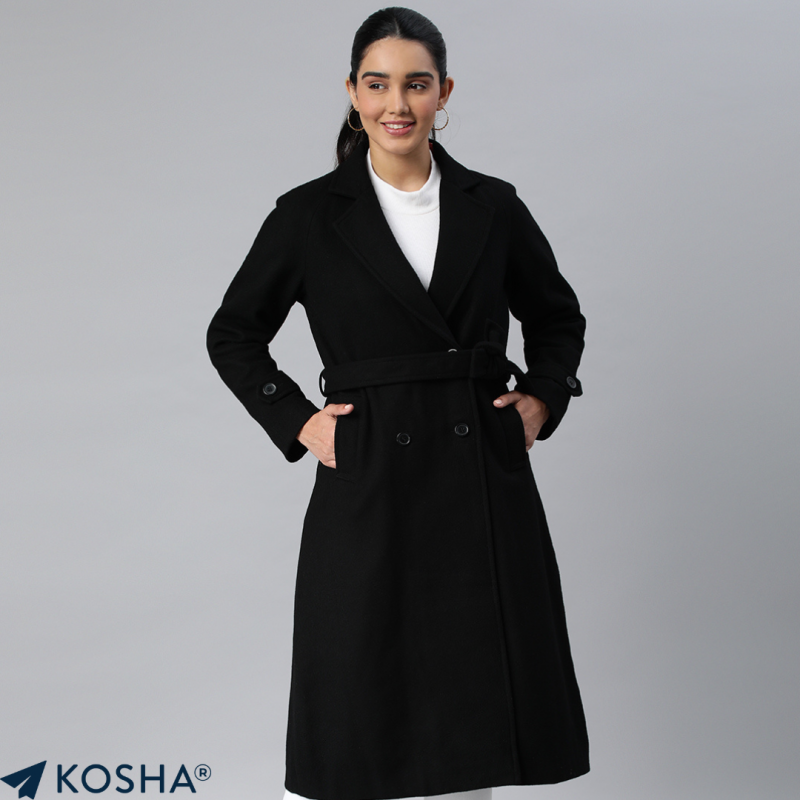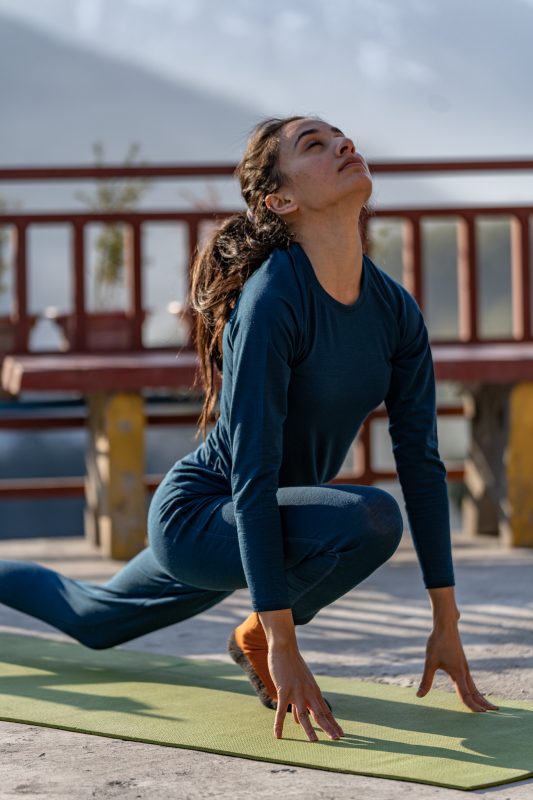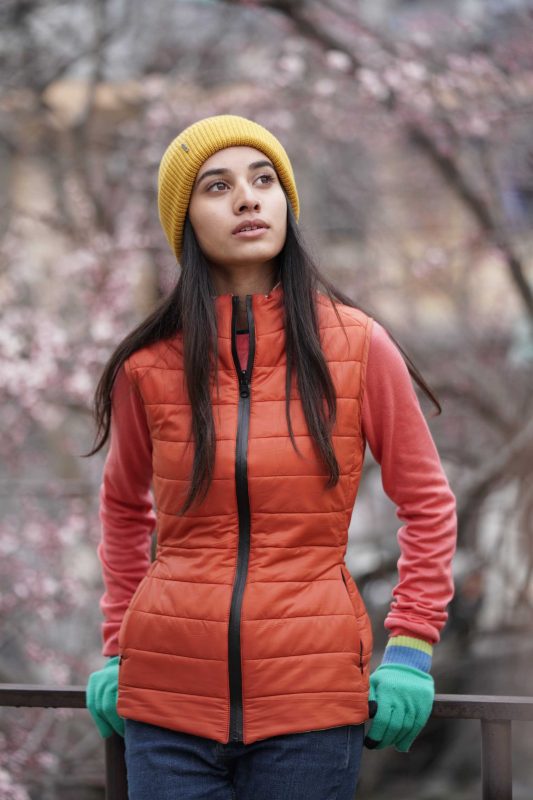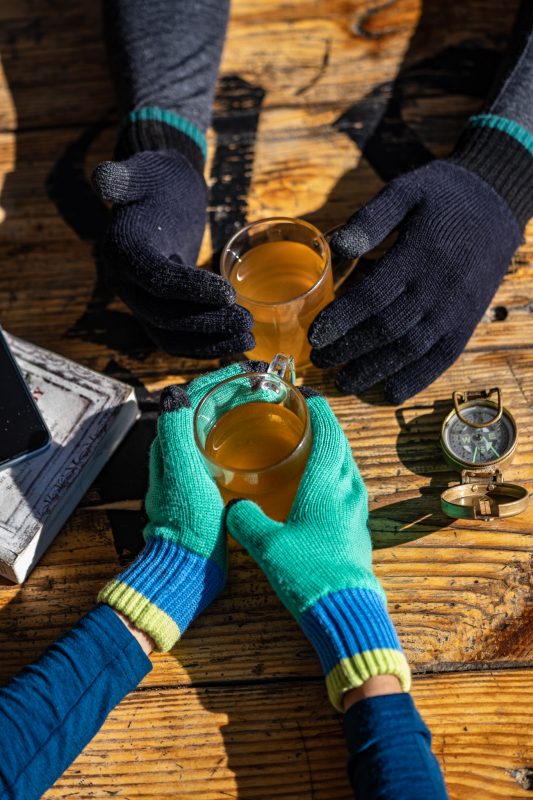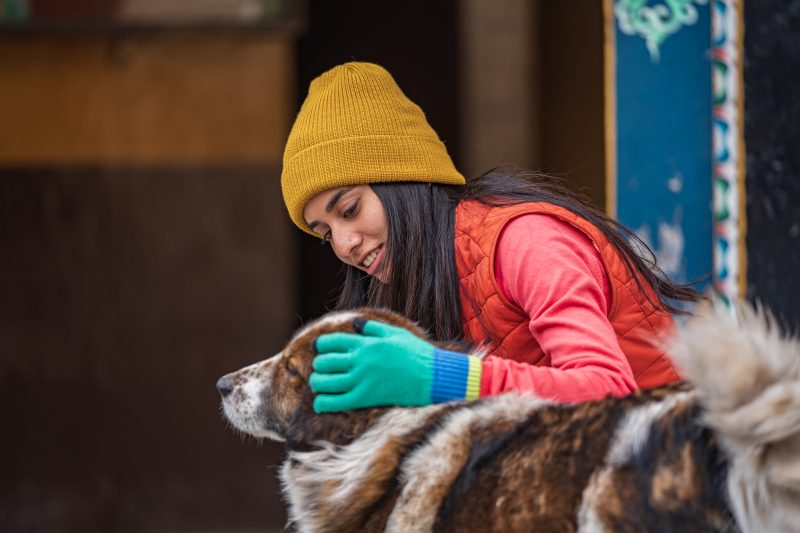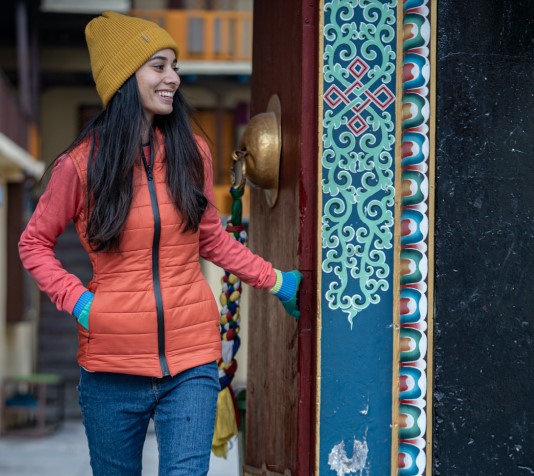
Table of Contents
Packing Your Bags To UK – Checklist
If you have been accepted into your dream university in the United Kingdom, nothing stands in your way of pursuing your further education in the United Kingdom. Except perhaps a detailed list of what you need to bring. With so many standards and deadlines, it’s easy to overlook important paperwork or items. In this article, we’ll provide you with a UK packing list that will help you check off all of your requirements for a successful trip to the United Kingdom. So, here is a Packing Checklist for Indian students in the UK.
When you go to the United Kingdom to study, you won’t be able to come home as often as you’d like. Many students are enthralled by the prospect of a new experience and place less emphasis on their ultimate packing list, only to be disappointed once they walk off the airport. It takes more than common sense to figure out what to bring while traveling internationally. Leaving one’s home country and settling abroad for a few years is a difficult endeavor. Students traveling to the UK or any other country should make a pre-departure shopping list, and every foreign student should follow it. Students must bring both personal and professional belongings because the immigration process in a foreign country is highly stringent. So, here is a checklist for studying abroad in the United Kingdom.
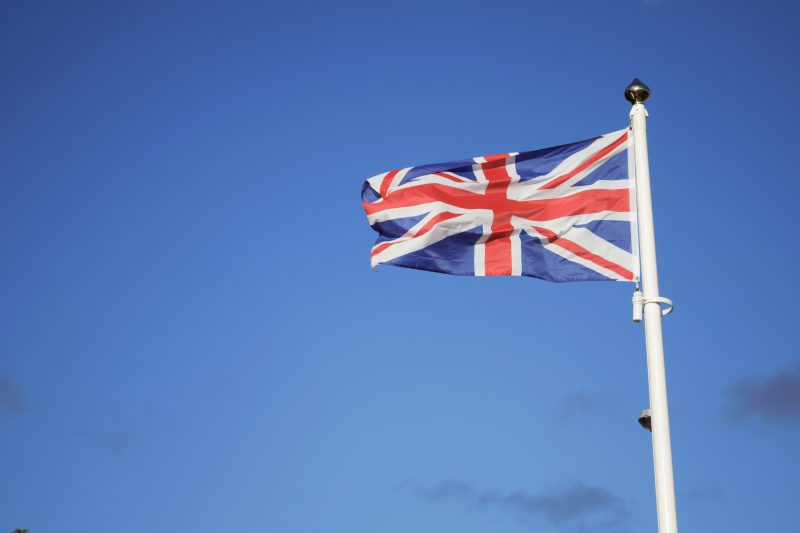
Packing Checklist for Indian students in the UK
These are must-have items for any international vacation, and they should be always at the top of anyone’s list.
Documents
Make copies of all of your crucial documents and keep them in a safe place. Keep them in a plastic pocket or folder in your carry-on luggage so you can access and produce them at any time, and to prevent them from becoming lost in transit. If your paper copies become unsuitable, you should always make digital copies of all documents; you may do this with Dropbox or Google Drive.
Students should bring the following essentials with their things when preparing to travel to the United Kingdom:
Items – Description
- Passport with Visa
- Final Award Letter
- Travel Itinerary
- Travel Insurance
- Academic documents
- Birth Certificate
- Electronic Travel Authorization
- Medical Reports
- Documents submitted for applying for a study permit
- Letter of introduction
- International Driving Permit
- Submission of COVID vaccination Self-Declaration form on the online portal
- UK entry clearance
- Univerisity accommodation proof
- TB test
- Currency exchange proof
- IHS payment proof
- Covid test kit booking reference for day 2 & 8
- FDs/ Saving Ac statement
- Administrative review letter
- Pan Card
- Sponsorship letter
- Aadhar Card
At the Airport: Covid negative report, Passenger locator form, Isolation booking confirmation, Covid test kit booking, Offer letter, Passport, CAS
Clothes & Accessories
Depending on the time of year you are traveling, you may require warm clothing, so bring at least one coat and a few woolens with you. However, because the United Kingdom is a fashion hotspot, and the weather there is considerably different from that of India, it is preferable to buy most of your warm clothing there. You could find very low-cost winter clothing that was fashionable. Otherwise, you’ll merely add to your luggage weight and end up not wearing many of the clothes you bring. Also, add Heavy Duty Multipurpose Jacket (you will be landing in peak winters), Formal Coat, and Shoes (1 formal leather, 1 sport,1 rainproof boots,1 slip-on, 1 flip-flop/chappals) on your checklist.
Check-In Baggage
Necessary layers of clothing
In the UK, the weather can change dramatically from day to day, and even hour to hour — it’s not uncommon to experience all four seasons in a single day. Even if you’re visiting in the summer, bring a lightweight raincoat and travel umbrella.
To handle the cold conditions when you arrive, you should dress in layers.
Do some preliminary research on your destination. Take note of what individuals normally wear, the weather, and the dress code at your university (if any).
Also, research the location’s culturally suitable attire. And, depending on all of these considerations, begin packing your belongings.
You can fill in the following information:
- Jeans, pants, skirts, or other bottoms that are comfy.
- T-shirts, shirts, or tank tops are OK.
- Sweatshirts or hoodies (if the weather is cold).
- Accoutrements ( 2 weeks worth).
- Handkerchiefs and socks (4 weeks worth).
- Leggings, shorts, skirts, and other casual clothing
- Formal attire, such as a suit.
- Pajamas are ideal for everyday wear.
- Workout attire.
- Towel.
- Comfortable shoes.
- The flip-flops.
- Shoes for walking.
- Bag for sleeping
- Belts, watches, scarves, hats, and other accessories
Pack clothes that are easy to layer, comfy, don’t require ironing, and can be drip-dried.
Keep a pair or two of formal attire for official University events like graduation, interviews, etc
Regular accessories and shoes (formal and casual)
- Cotton Socks
- Formal Shoes – which suits with the formal attire
- Flip flops – Good for showering in hostels. One pair is enough.
- Walking shoes – Find a comfy fashionable shoe – walking is a major part of everyday life.
- Running shoes – Good to have if you join a gym or enjoy running outdoors
Winter Clothing
Choose jackets with all-weather insulation, such as this or this, to provide the maximum warmth in the harshest situations (for women)
If you are traveling to more temperate regions where it will be cooler for the first few hours with the possibility of rain and you need a wind and waterproof travel jacket that keeps out all moisture and wind while still allowing your body to breathe, we recommend the Kosha’s range, which includes this one for men and this one for women.
Thermal Tops
Your base layers should include two sets of thermal tops and pants. Kosha has a great selection of base layers. Shop for base layers at Kosha.
Kosha’s exclusive hoodies may be dressed up with your favorite shoes and accessories or kept sleek and simple for an effortless look, and are ideal outerwear for somewhat cold destinations in India.
There’s a good chance you won’t go shopping right after arriving at your study abroad destination. You might not locate your preferred brand or a close substitute right away. As a result, it’s usually a good idea to include some important daily necessities with your luggage. The amount should be sufficient to get you through till you are situated (approximately a week).
You can check out the sweatshirts here for both men and women!
Items – Description
Toiletries
- Toothbrush
- Toothpaste
- Dental floss
- Deodorant
- Sunscreen
- Shaver
- Contact lens solution
- Hand sanitizer
- Makeup
- Facial cleansing wipes
- Nail clippers
- Hairbrush
- Tweezers
- Earplugs
- Sleep mask
Laundry
- Travel laundry clothesline kit
- Sewing kit
- Portable washing bag
- Laundry bag
Food: You may wish to bring some basic spices, though you can get anything in London (East Ham) or any other city with a large Indian population, such as Birmingham, Leicester, and so on. So look for Indian stores and you’ll be OK… Tesco is a good place to go for daily groceries, and if you go at closing times or late evenings, you can get the best deals on perishable things.
Medicines: Medicines must be kept on hand by international students. Particularly when the students are receiving treatment. Make sure you have plenty of any prescription medication on hand. It’s possible that the identical brand of drug isn’t accessible in the host country. International students will receive aid from the local medical support team in the event of an emergency. Keep the prescription with you for future use. The following are some common or general medicines that should be brought along for safe travel:
Electronic Items
Items – Description
The most crucial aspect of packing is this. Almost everything in today’s technological world is dependent on technology. In the UK, you’ll need a few electronic things. As a result, it is preferable to bring a few little goods from your native country. You must handle all of these electrical components with care to avoid any damage. The following is a list of electronic items that you could need:
- Mobile phone with charger
- Laptop and charger
- Camera
- Ethernet cable
- Batteries that can be recharged
- A microphone-equipped headphone
- USB flash drive
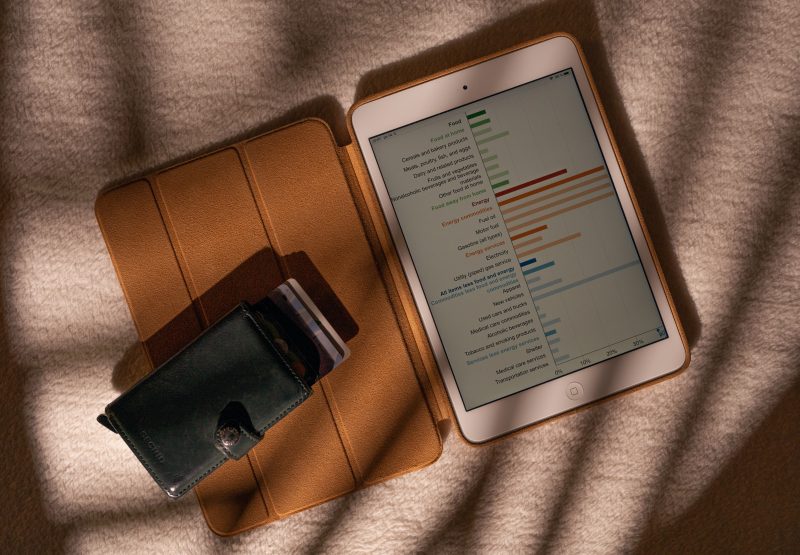
Necessary electronics
What Not to Include in Packing List for Indian Students Going To UK
You’ve chosen the university, been accepted into the program, and your funds are in order; all that’s left is to decide what you’ll bring with you to study abroad. It’s tempting to get caught up in overthinking what you’ll need while you’re abroad; after all, you’ll be living in a different nation for a year, far from home. In truth, many of these items are available for purchase once you arrive, and you may not even require any of them while you are abroad.
Here are a few goods that do not need to accompany you on your journey.
- Heavy liquids in bottles: Even though you can bring liquids of nearly any size into your checked baggage, there are still weight restrictions. If it’s not required, don’t burden yourself (and pay more). Bring travel sizes of your toiletries instead!
- Culturally inappropriate clothing: This should be obvious, but it appears that many of the smartest and brightest students are unaware of it. In most other parts of the world, especially on university campuses, wearing flip-flops, shorts, sweatpants, or sweatshirts to class is considered impolite. You’re an adult, and you’re supposed to dress accordingly, so don’t expect to show up to class in t-shirts and leggings every day. The same is true for internships: if you want to be treated professionally, you should dress professionally. Don’t expect to go to class in T-shirts and leggings every day.
- Expensive items: It’s also crucial to know that while you study abroad, goods can get lost, stolen, broken, or even “vanishing” in customs, so plan accordingly. You don’t have to assume that everyone would want to rob you or that you won’t be able to bring anything valuable with you, but valuable items are easy targets, so consider if the danger of losing something is worth the risk of bringing it. Maybe you haven’t worn that necklace your grandma gave you in five years, but it’s worth considering whether you can go a few months without it, knowing it’ll be safe and waiting for you when you return.
- Books: Even though they give longer-lasting pleasure, books and DVDs, particularly bulky textbooks, take up a lot of space in your suitcase. Instead, we recommend not bringing any books with you because your complete book and DVD collection may be loaded onto your laptop or tablet, limiting you only to the extent of your computer’s memory rather than the weight limit of your luggage. We would encourage you to wait until you are in the country before ordering textbooks unless your university has told you otherwise. You may be able to borrow the books you need from the university library or the campus bookstore
Cost Of Living And Expenses In the UK
The typical cost of living in the UK for a student is from £1000 to £1600, including rent. Depending on where you live, it may be different. It might be a single flat where you live alone or a shared apartment where you share a room with another person.

Packing List for Indian Students in the UK
The Cost Of Living In The United Kingdom For Indian students, it all comes down to where they live. For those in GBP and INR, an estimate of the type of expense and the amount of money necessary can be demonstrated as follows:
- Fees for the visa application – 348 GBP (INR 34,393.40)
- Telephone and mobile charges – 50 GBP (INR 4,941.58) monthly
- Clothing and leisure charges – 50 GBP (INR 4,941.58) monthly
- Housing or accommodation expenses – 500 GBP (INR 49,415.80) monthly
- Transportation charges – 150 to 200 GBP (INR 14,824.74 to INR 19,766.32) monthly
- Food expenses – 150 to 200 GBP (INR 14,824.74 to INR 19,766.32) monthly
- Tier 4 Visa – verification of sufficient funds of 1015 GBP (INR 1,00,314.08) per month
When a person receives an offer, there are several critical factors to consider and plan for. These expenses include lodging, tuition, and transportation. These costs can be further investigated as follows:
- Tuition Fees :
For Undergraduate programs – 8000 GBP to 30000 GBP (INR 7,90,652.82 to INR 29,64,948.09)For Postgraduate programs – 12000 GBP to 35000 GBP (INR 11,85,979.24 to INR 34,59,106.11)
- Accommodation:
These sorts of accommodations are known as Halls of Residence for overseas students and offer self-catering or full-board alternatives. Because halls are more cost-effective and inexpensive than other housing options, they are recognized to reduce the cost of living in the UK for Indian students.
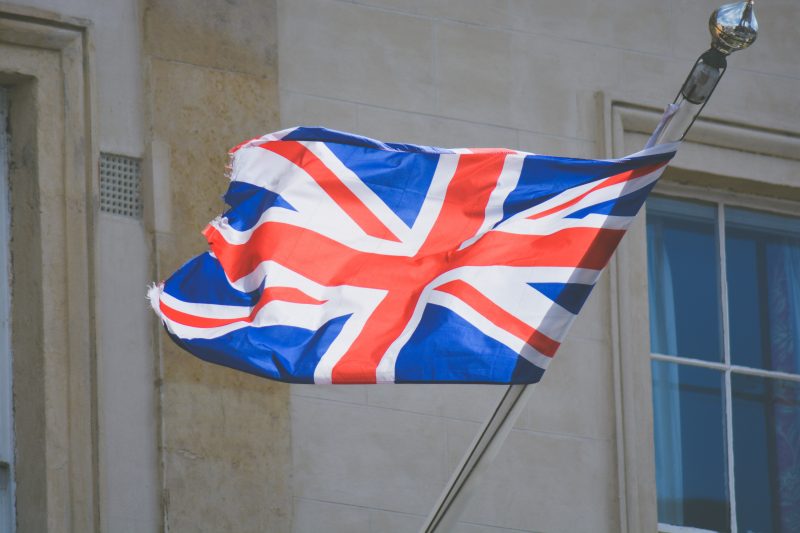
Indian students in UK
Rent
When you arrive in the UK, the first thing you should do is look for a place to stay. Because you will be asked about accommodations at the airport’s Immigration desk, it is best to plan ahead of time. If you are under the age of 18, you will need a signed permission slip from your guardian to stay.
Universities in the United Kingdom often provide on-campus or off-campus housing to first-year undergraduate students. Some universities also provide this to PG students. Depending on the college, you may stay in the university housing for another year or move out to live with friends. Single students, couples, and families can choose from a variety of rooms. In the United Kingdom, rent rates are determined by:
- Location of Stay
- Property type
- Furnished or not
- Self-catered or catered
- People who are sharing
In the UK, rent will be a set and significant part of your budget (apart from your tuition fees). You have the option of staying at the institution or finding private housing outside of the campus. The cost of university housing usually includes internet access (if available), basic utilities (such as electricity, gas, and water), welfare support workers, 24-hour security, and personal property insurance.
Most UK institutions and universities provide residential programs with on-campus housing for students who choose to participate. You will have to find private housing if your college does not provide an on-campus housing facility or if you are unable to secure a spot.
- University Accommodation: These sorts of accommodations are known as Halls of Residence for overseas students and offer self-catering or full-board alternatives. Because halls are more cost-effective and inexpensive than other housing options, they are recognized as reducing the cost of living in the UK for Indian students.
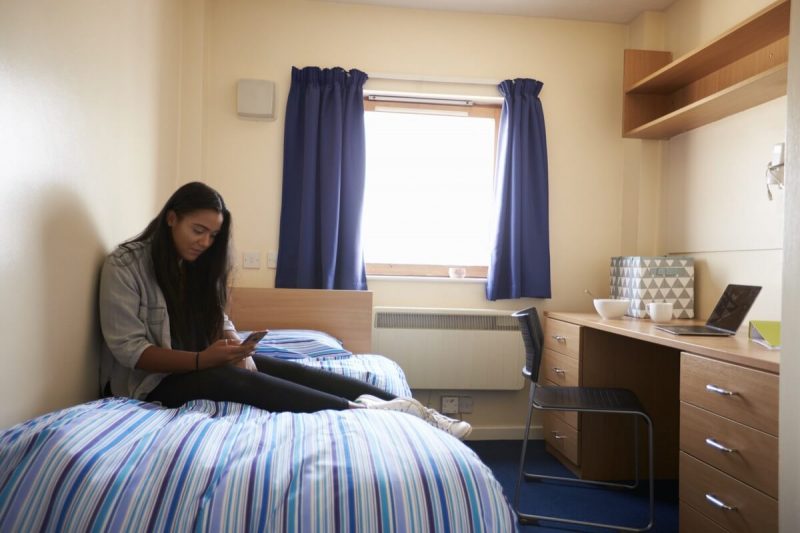
Accommodations for Indian students in UK
- Private Accommodation: A person can either rent a room or pay to stay in a paid guest facility. If you are experiencing problems finding housing on your own, the university’s accommodation office can assist you. Because London is the most expensive city in the United Kingdom, the cost of private accommodations varies significantly depending on whether the accommodation is in or outside the city. A one-bedroom apartment outside of London can cost between 550 and 650 GBP per month, whereas a one-bedroom apartment in London can cost between £ 1,000 and £ 1,500.
The following are the costs of the many types of student housing alternatives available in the UK:
– GBP 400 – GBP 600 per month for halls of residence
– GBP 800 – GBP 1000 per month for private apartments
– GBP 10 – GBP 60 per night for local homestays
Transportation
You’ll be constantly on the move in the United Kingdom. You’ll need transportation whether you’re going to class or a local store, taking a weekend trip to another area of the county, or traveling to Europe. The UK has an excellent public transportation system, with an enormous network of buses, planes, and trains to make travel easier – and you can even rent a car for a reasonable price.
- Planes: With the explosion of low-cost airlines over the last five years, getting around the UK and most of Europe is now easier than ever. Some one-way rates on the major low-cost airlines are as little as £0.01 (plus taxes and levies), so you can’t go wrong at these costs! One piece of advice: keep an eye on those taxes and fees, since they may soon build up.
The main low-cost airlines are: EasyJet, RyanAir, TUI, Jet 2
- Underground/Trams: The cheapest and most cost-effective mode of transportation in a major metropolitan city, such as London or Manchester, is the subway or tram system. The London Underground (often known as the “Tube”) is a huge network of lines that travel across the city. They last all day and most days end around midnight.
- Trains: The National Rail Network is working hard to overcome its past stigmas of frequent delays and high costs, and train service across the UK is fast improving.
- Bus: If you wish to travel locally or across the country as a student, buses will be the most popular mode of transportation. Bus service is available in most cities and villages; the greater the city, the more extensive the service. The National Express bus service provides quick service to all sections of the United Kingdom.
Subways are the most cost-effective mode of transportation in and around the United Kingdom. London’s tube system is extensive and reasonably priced. There are various student discounts available to help keep travel costs down.
- For Short Distance: Tubes, regional trains, and buses are all easily accessible. Getting a monthly pass for tube trains or buses is the most cost-effective option. If you’re going to hire a taxi, make sure it’s on the meter. To minimize any uncertainty if the meter fails, it is important to agree on an amount ahead of time.
- For Long Distance: If you want to go a great distance, such as from one city to another, the best options available are:: Railways, Air, Intercity bus
Clothes & Utilities
Clothes for cold weather:
The UK’s main characteristic is its weather. Though there are sunny days from time to time, rainy days are more usual. Anyway, this doesn’t imply you have to bring all of your clothes, but a list of essentials is necessary.
- Undergarments
- Coats & Jackets
- Pair of shoes
- Sports clothing
- Trousers
- Dresses
- Sweaters
- T-shirts
- Long-sleeved shirts
- Shorts
- Skirts
- Socks
- Hat
- A pair of gloves
- Suits for any special event
Household items:
Bring some objects that will complement the location where you will be staying. First, see if you can pursue them when you are in the UK, eliminating the need to transport them from your home.
- Reading Lamp
- Air freshener
- Shoe Brush
- Towel
- Iron
- Skin care creams
- Hairbrush
Groceries
One of the first things you’ll probably do when you arrive in the UK is go to the supermarket. It’s one of the underappreciated perks of living abroad. When confronted with aisles upon aisles of strange and amazing delicacies, you quickly realize you are no longer at home.
You will be pleasantly pleased by the supermarkets in the United Kingdom. Wherever you are, there is a decent selection of fresh produce and international foods to choose from. Here’s our guide to everything you need to know about supermarkets and food stores in the UK to help you get more out of your shopping basket.

Expenses of Indian Students in UK
![]()
![]()
The supermarket chains include: Tesco, Sainsbury’s, Co-op food, Waitrose, Morrisons
Eating out
In the UK, you’ll be spoiled for choice when it comes to dining options, with everything from Michelin-starred restaurants to trendy street markets. The food business in the UK has experienced significant demand for new fashionable and health-conscious eateries as a result of the impact of social media. With so many choices, you’re sure to discover something that fits your budget and lifestyle.
Some of the best restaurants are located in various cities :
- The Ledbury:
This restaurant specializes in British and French cuisine and is one of the most well-known fine dining establishments in the United Kingdom. The Ledbury has flourished over the years as one of the best Micheline star-rated restaurants in London, UK, thanks to eminent chef Brett Graham’s leadership. From exotic appetizers like amuse-bouches to unique main course recipes of seafood to signature desserts like brown sugar tart, the platter at The Ledbury is nothing short of surreal.
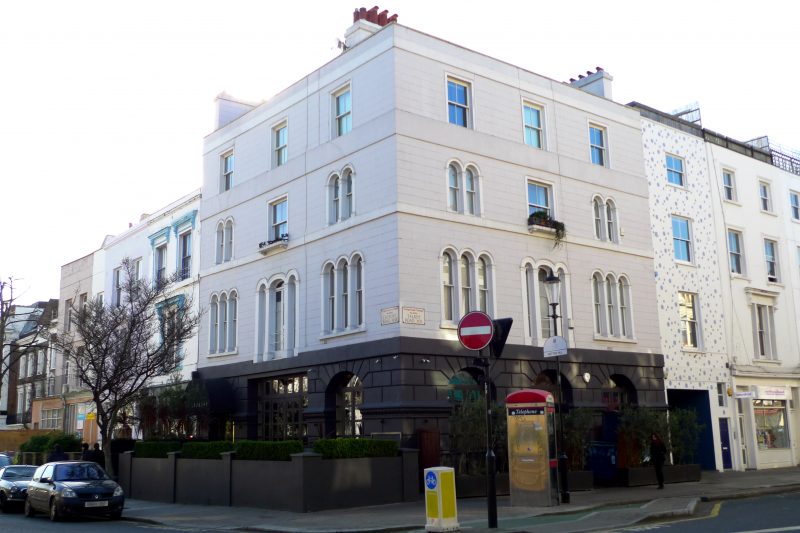
Restaurants in the UK
- Baileys Fish and Chips :
This is a modest and intimate eatery that provides traditional fish and chips grilled cod and calamari, wraps, and burgers. Mashy beans or peas with their unique curry sauce are a must-try.
- Bar San Juan :
Bar San Juan is the best tapas bar in Chorlton, Manchester. Bar San Juan is one of the most popular restaurants in the UK, serving real Spanish and Mediterranean cuisine as well as imported beer. This establishment is a must-see if you’re in Manchester, with its historic décor and pleasant crowd.
- Dakota Bar and Grill :
This is another name in the league of top restaurants in the United Kingdom, as it is located within the famous Dakota Hotel. The Champagne Room is a separate bar located next to the dining area. Dakota Bar and Grill is a large, open space with excellent service and a delicious menu. It also includes a private dining room where special occasions can be hosted.
Miscellaneous
Aside from the above fees, such as student housing in the UK, travel, and food, there are other costs to consider, such as internet, books, toiletries, phone plans, clothing, and other things and services. Make sure to set aside money for unexpected medical expenses, unexpected school expenses, and general emergencies.
Therefore, these incidentals are crucial and should be included in the student cost of living in the United Kingdom.
- Clothes : £30 -£50
- Household items : £20 – £40
- Toiletries : £20 -£35
- Stationery : £15-£30
- Insurance: £50-£60
FAQs
How much luggage a student can carry to UK?
There is a 15kg free check-in luggage allowance in Economy Standard and 20kg in Economy Flexi, as well as a 7kg hand baggage allowance.
What should Indian students take to UK?
The most important thing to remember while packing for overseas students studying in the UK is to bring all necessary documentation. Make a copy of all relevant documents as well. Following your arrival in the UK, you will need to complete various formalities, for which you will need some supporting documents. Also, don’t forget to take Toiletries, Kitchen items, winter-wear clothes, electronic items, and prescription medicines with you.
What do university students wear in the UK?
Students at a university in the United Kingdom must walk a lot on an average day. As a result, comfort comes first—pack plenty of jeans, denim skirts, and denim pants for a laid-back style. For lectures and maybe taking a trip around the city with companions, most students prefer to wear coats and jackets. An oversized jacket or a cozy hoodie are also popular choices. It is not recommended that you wear sweatpants or sweatshirts.
We should not overlook footwear when discussing an outfit. Because there will be a lot of walking, your shoes should be particularly comfy. Choose comfortable boots or sandals. Do not wear heels (unless you feel comfortable in them). In the United Kingdom, flip-flops are strictly prohibited.
Layers: The weather in the United Kingdom is not always predictable. Always expect things to get a little too hot or a little too chilly. Layers allow you to modify your attire to the changing weather conditions. Check that you have your pants, blouse/shirt, sweaters, coats, and jackets packed.
Is it easy for Indian students in UK to study?
It is not that hard to stay for Indian students in UK after completing their studies. Students must apply for a UK post-study work visa (often abbreviated as PSW UK) if they want to remain in the UK after completing their course. Another name for it is a UK Graduate Visa. For two years (or three years in the event of a doctoral degree), PSW UK permits students to work in the UK.
Can you get a scholarship as Indian students in UK?
For international students who require financial support to cover their tuition costs or living expenses while studying in the UK, several universities also offer scholarships and bursaries.
Conclusion
The United Kingdom is a top global study destination for international students, with top-ranked institutions, advanced courses, and promising career opportunities in a variety of fields. The country is noted for its high living standards and diversified and cosmopolitan society.
For any queries related to wearing thermals, base layers, or winter wear in general, visit Kosha’s store and get a free consultation! While you’re at it, check out Kosha’s website for the wide range of thermals and jackets available at Kosha.
This post is written by Kosha Team Member- Divya
